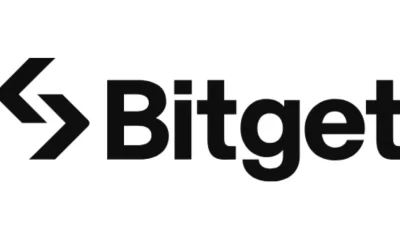A bipartisan group of US Senators has introduced new legislation aimed at enhancing the Secret Service’s capabilities to combat cryptocurrency-related crimes. The proposed bill seeks to address the growing concerns over digital asset fraud and illicit activities within the rapidly evolving crypto sector.
The bill, formally known as the “Cryptocurrency Crime Prevention Act,” is designed to strengthen the Secret Service’s role in investigating and mitigating cybercrimes involving digital currencies. It includes provisions for increasing resources and support for specialized units focused on cryptocurrency crime.
“The rise of cryptocurrency has brought with it a new wave of financial crime,” said Senator Maria Lopez, one of the bill’s sponsors. “By equipping the Secret Service with the necessary tools and resources, we can better protect consumers and ensure that those who exploit these technologies for illegal activities are held accountable.”
Key components of the bill include enhanced training for Secret Service agents in digital asset forensics, expanded jurisdiction to tackle cross-border crypto crimes, and increased funding for advanced investigative technologies. The legislation also proposes improved collaboration between federal agencies and international partners to address the global nature of crypto crime.
The introduction of the bill comes in response to a noticeable increase in high-profile cases involving cryptocurrency fraud, scams, and theft. Recent incidents have underscored the need for more robust enforcement mechanisms to safeguard the integrity of the financial system and protect investors.
Industry experts have welcomed the legislative move as a step towards more effective regulation and enforcement in the crypto space. “Strengthening the Secret Service’s role in tackling crypto crime is a positive development for the industry,” noted Linda Richards, a financial crime analyst. “It reflects a growing recognition of the need for specialized law enforcement to keep pace with technological advancements.”
The bill is expected to undergo thorough scrutiny and debate in Congress, with discussions likely to focus on its implications for privacy, regulatory balance, and the impact on the broader cryptocurrency market.
As the legislative process unfolds, stakeholders in the cryptocurrency sector will be watching closely to assess how the proposed measures may influence regulatory frameworks and enforcement practices. For ongoing updates and analysis of the bill’s progress, stay tuned to industry news.

 Business4 days ago
Business4 days ago
 Business3 days ago
Business3 days ago
 Business3 days ago
Business3 days ago
 Business4 days ago
Business4 days ago
 Business5 days ago
Business5 days ago
 Business1 week ago
Business1 week ago
 Business4 days ago
Business4 days ago
 Business4 days ago
Business4 days ago

















